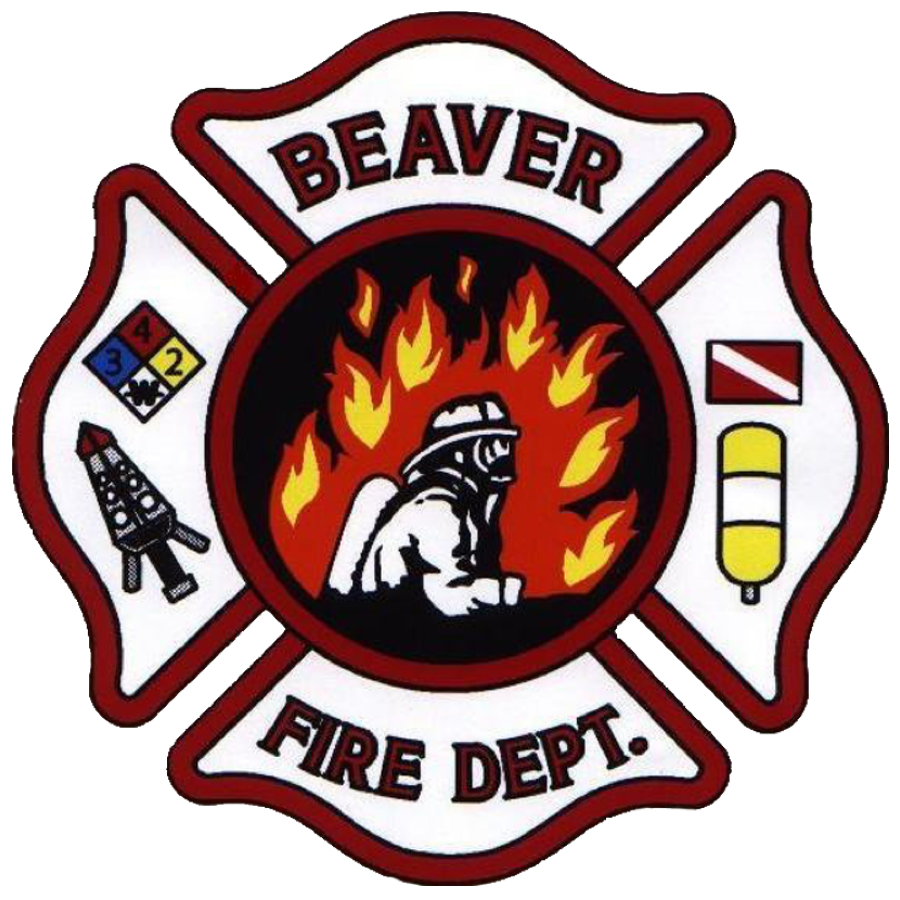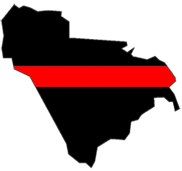
When it comes to safety, it’s crucial that everyone knows what to do in the event of an emergency. Beaver Volunteer Fire Department stresses the importance of fire Prevention and how to use the 911 system, especially for the young generation. The information below is intended for the use of everyone, especially parents / guardians who want to teach their child the importance of safety. The most dangerous fires occur at night, when you are asleep. In 2009, 2,565 people died in home fires. Nearly all of these deaths could have been prevented by taking a few simple precautions like having working smoke alarms and a home fire escape plan. Also, keeping things that can burn away from the stove and always turning off space heaters before going to bed. Fire is a dangerous opponent, but by anticipating the hazards, you are much less likely to be one of the nearly 13,000 people injured in home fires each year.
The State Fire Marshal’s Office and NFPA offer the following TIPS for protecting your home and family from fire:
- Stay in the kitchen while you are frying, grilling, or broiling food. If you leave the kitchen for even a short period of time, turn off the stove.
- Keep anything that can burn at least three feet away from heating equipment, like the furnace, fireplace, wood stove, or portable space heaters.
- Have a three foot “kid-free zone” around open fires and space heaters.
- Replace or repair damaged or loose electrical cords.
- If you smoke, smoke outside.
- Use deep, wide ashtrays on a sturdy table.
- Blow out all candles when you leave the room or go to bed. Avoid the use of candles in the bedroom and other areas where people may fall asleep.
If your clothes catch on fire, you should immediately:
- STOP where you are.
- DROP to the ground and cover your face.
- ROLL around until the fire is out.
Every household should have a smoke detector inside and outside every sleeping area. If your house has more than one level, be sure there is a detector on each floor. The same information can be applied for Carbon Monoxide (CO2) detectors. You should replace the battery in your detector every year and often test the device weekly. *If you need assistance on installing or getting Smoke/CO2 detectors, we will be glad to assist you at no charge. Give us a call today!* More information about smoke detector installation and maintenance click here.









